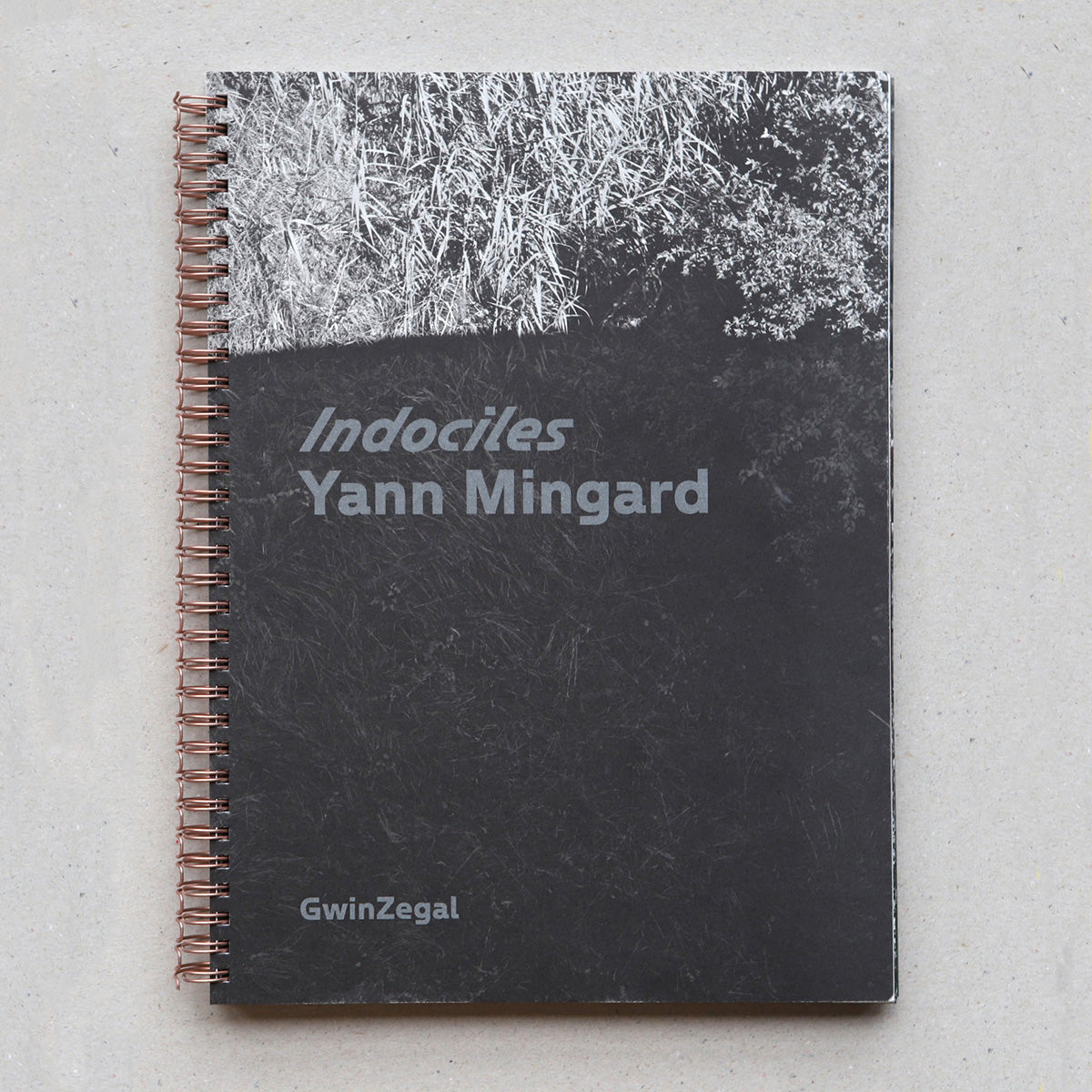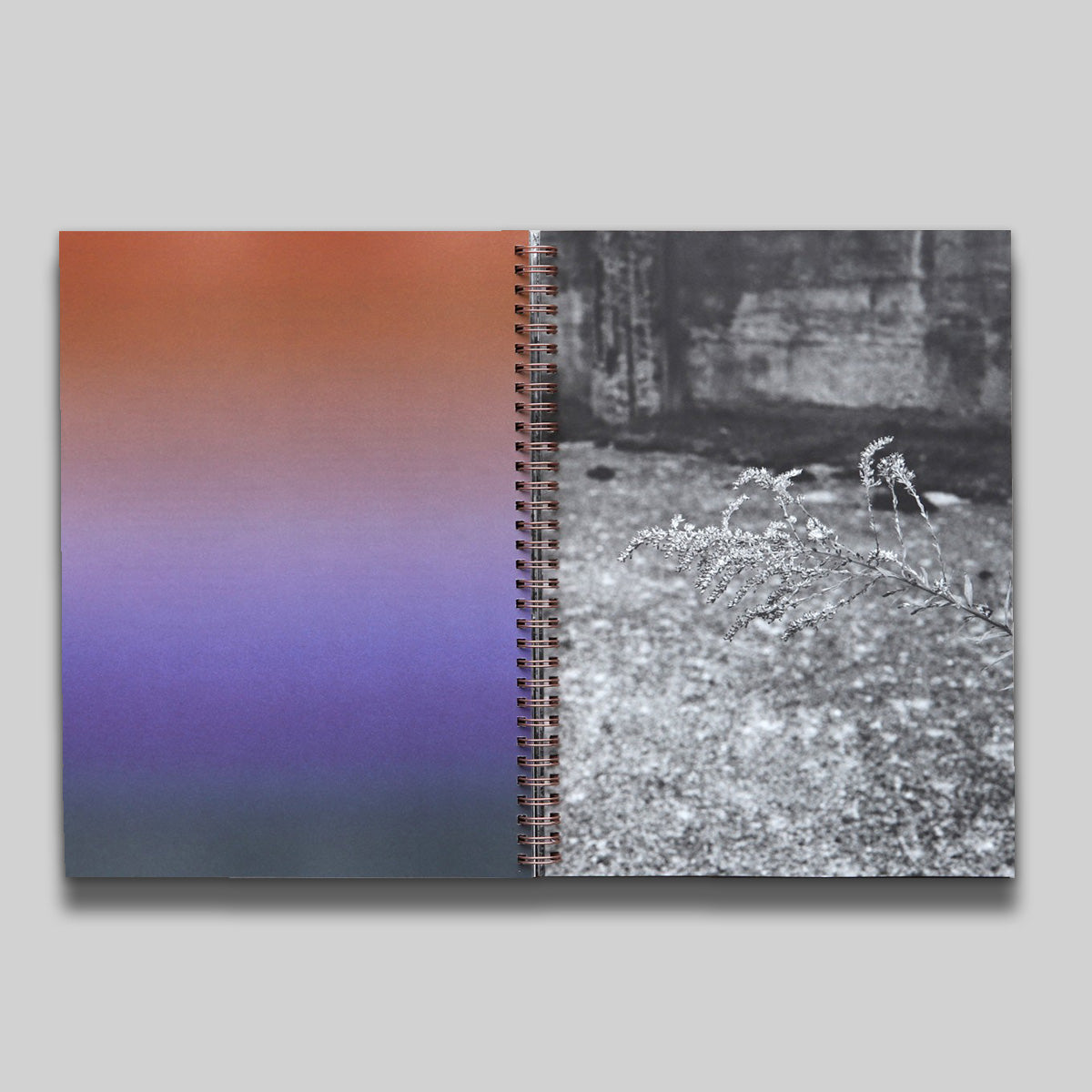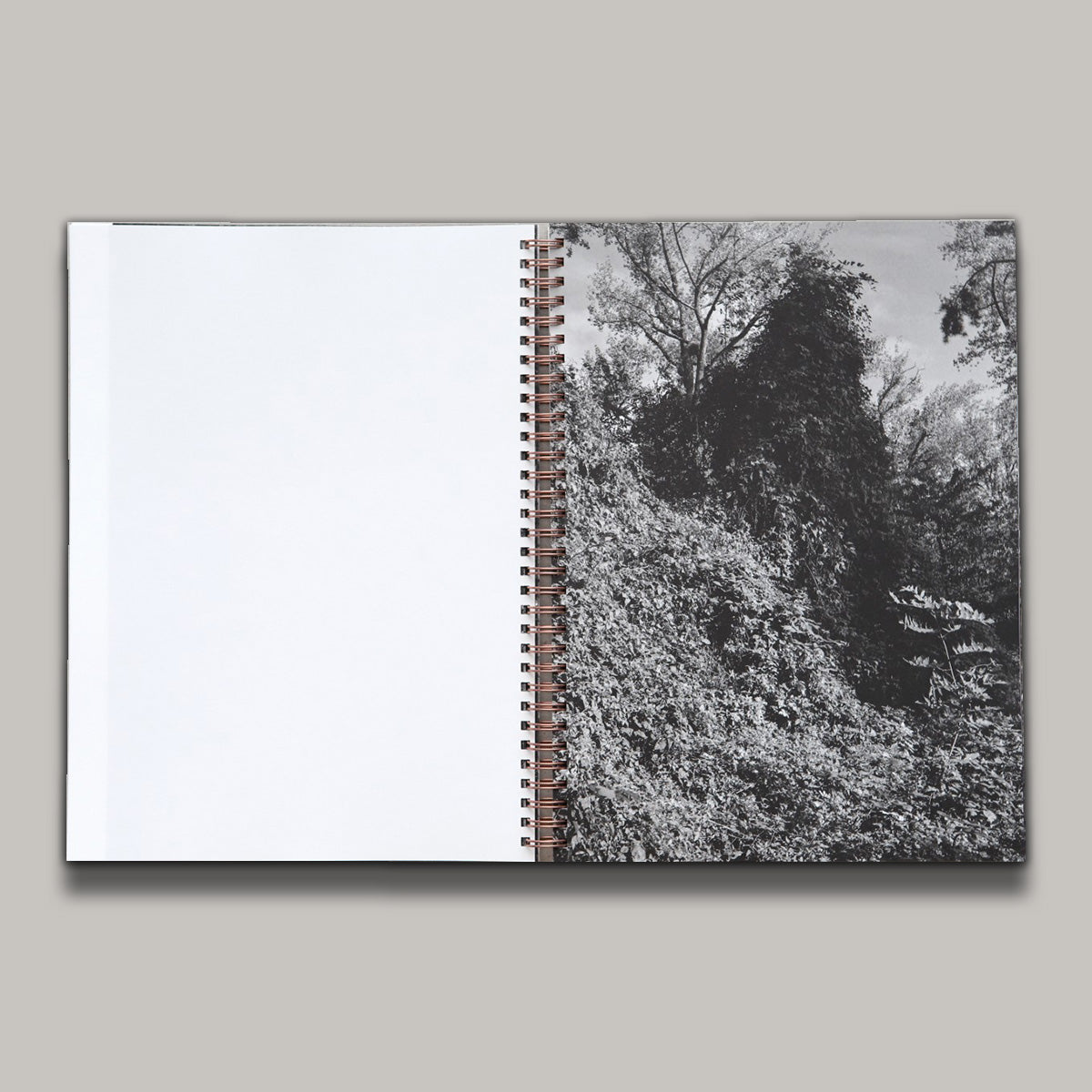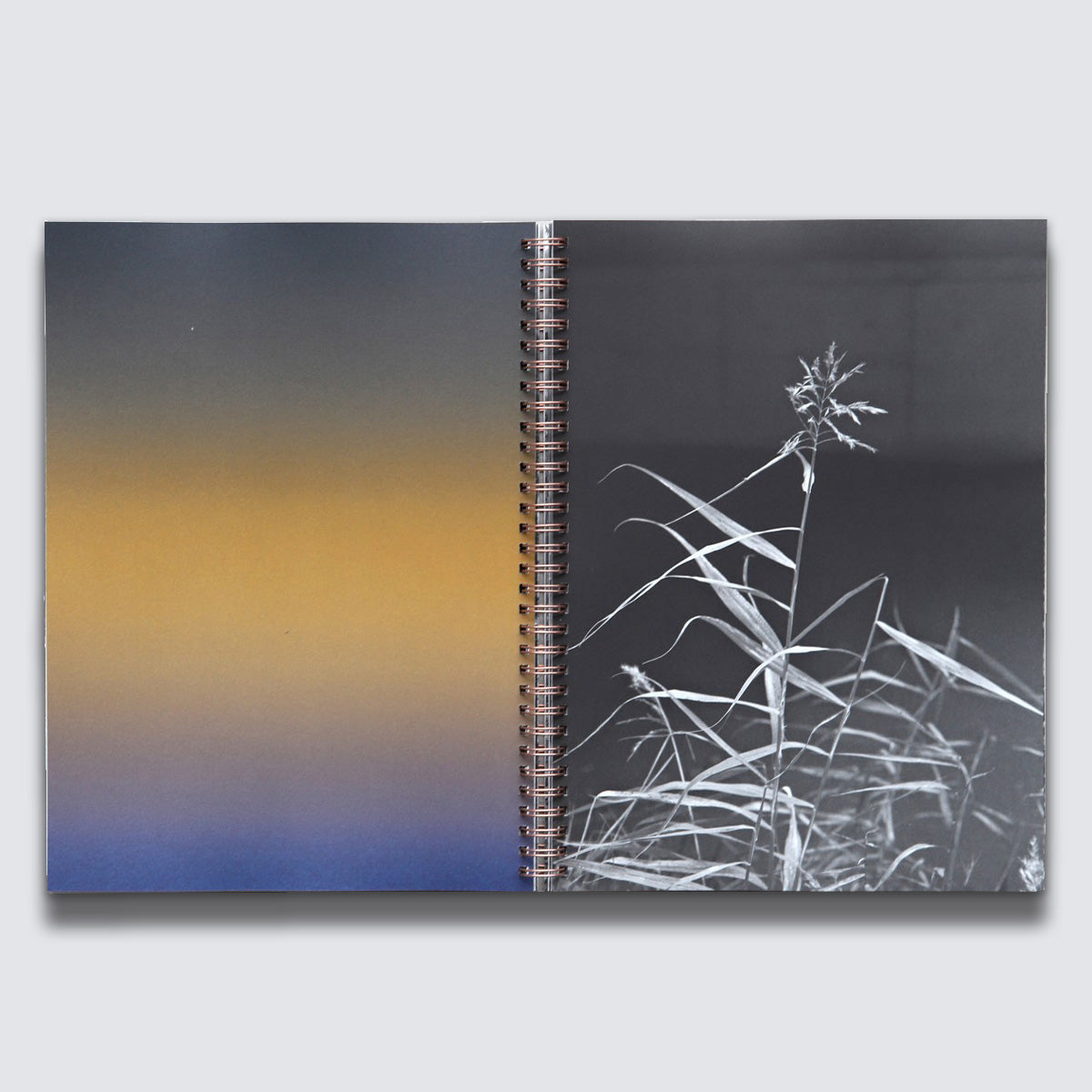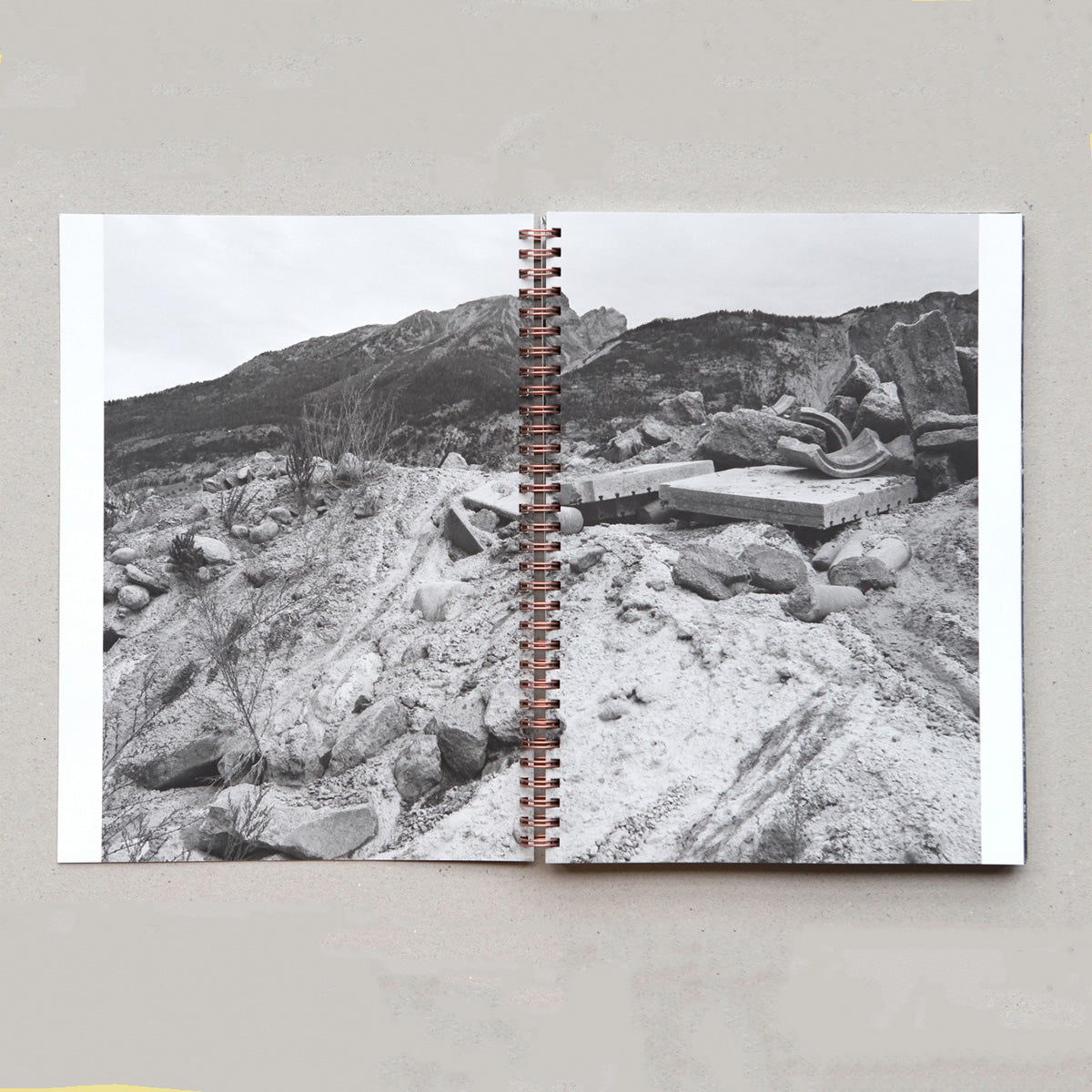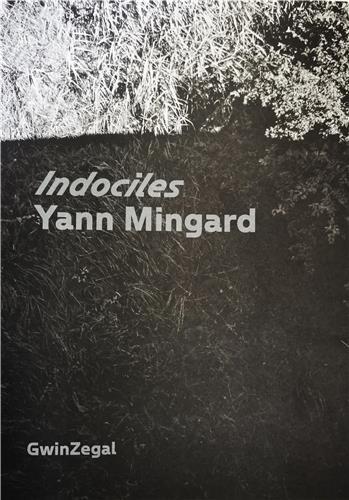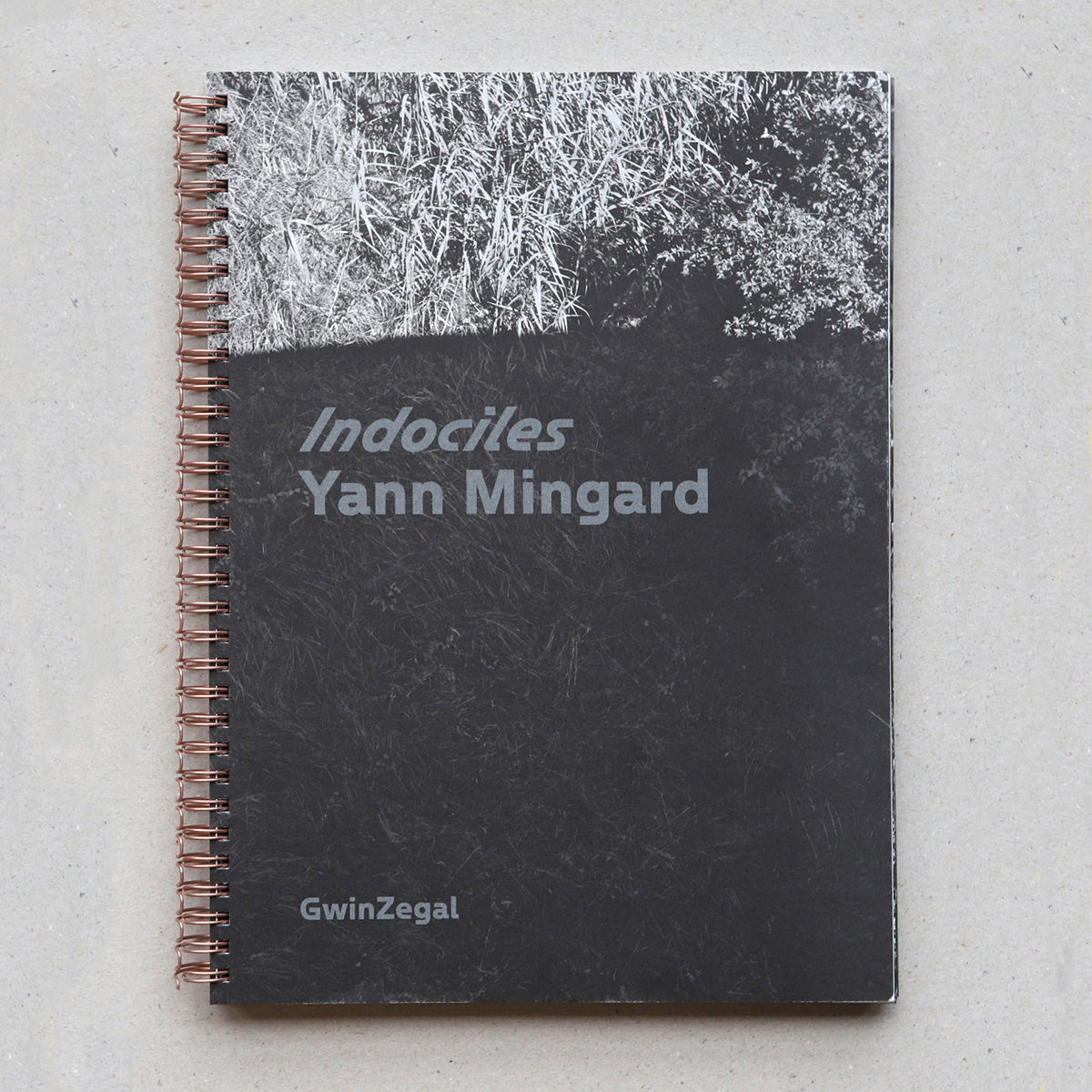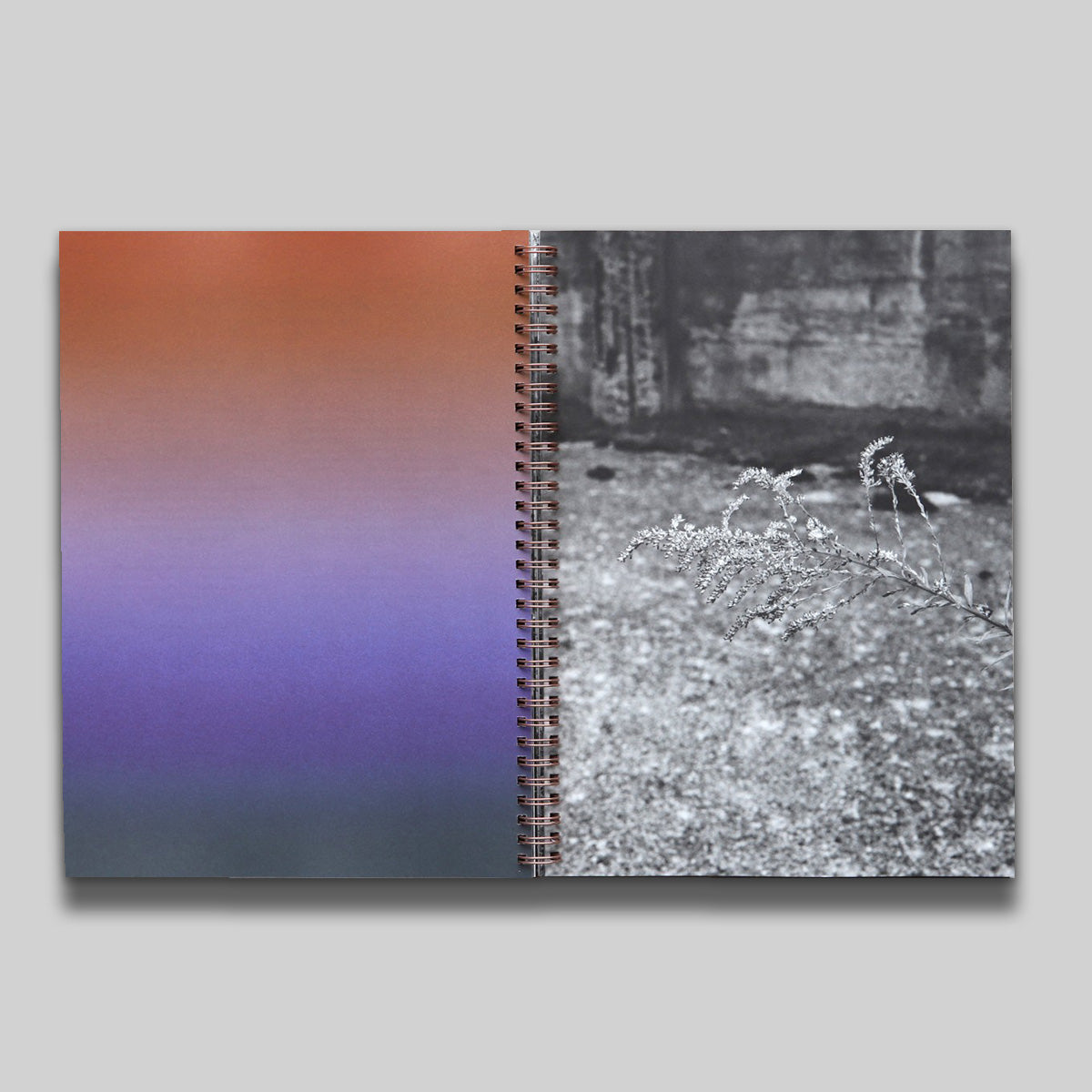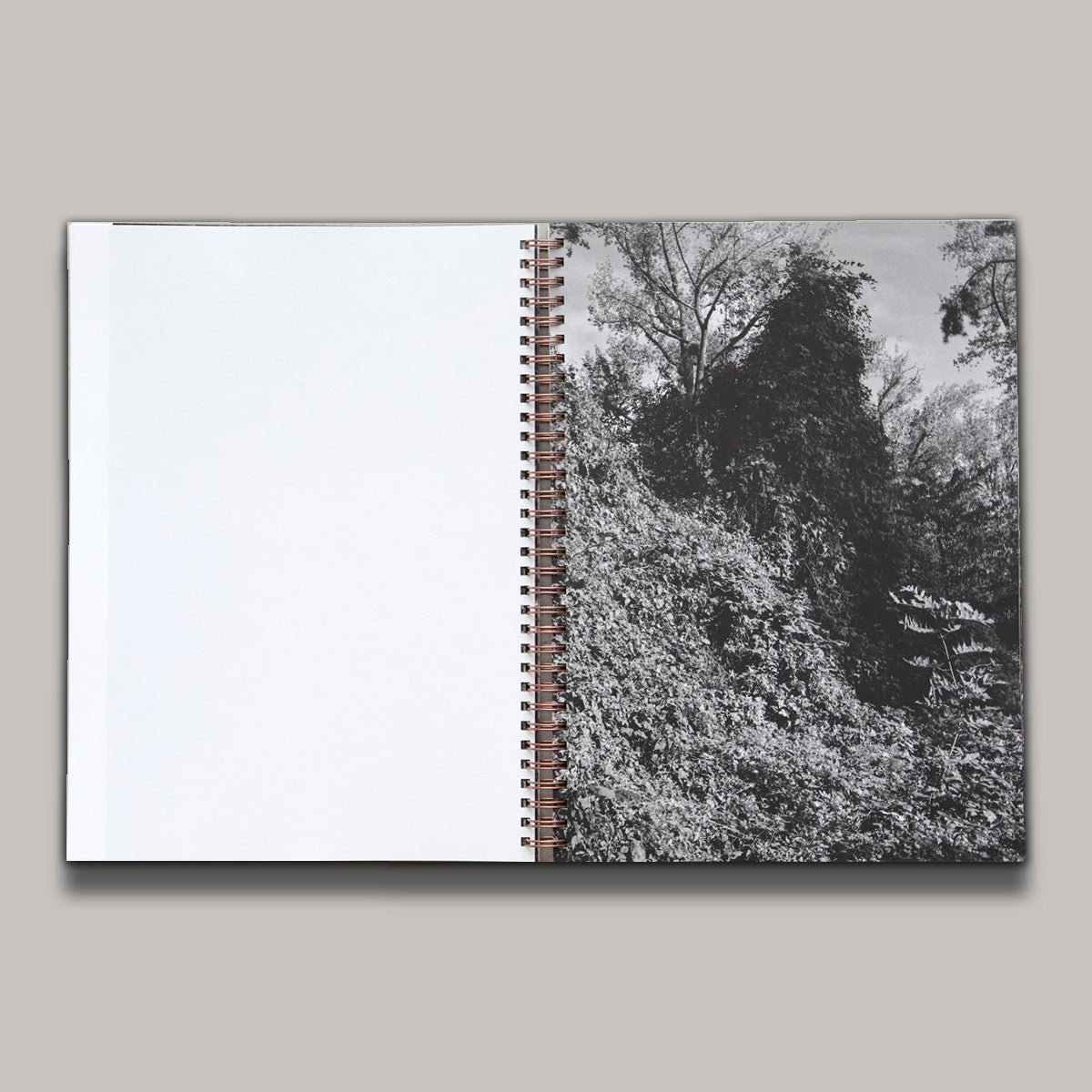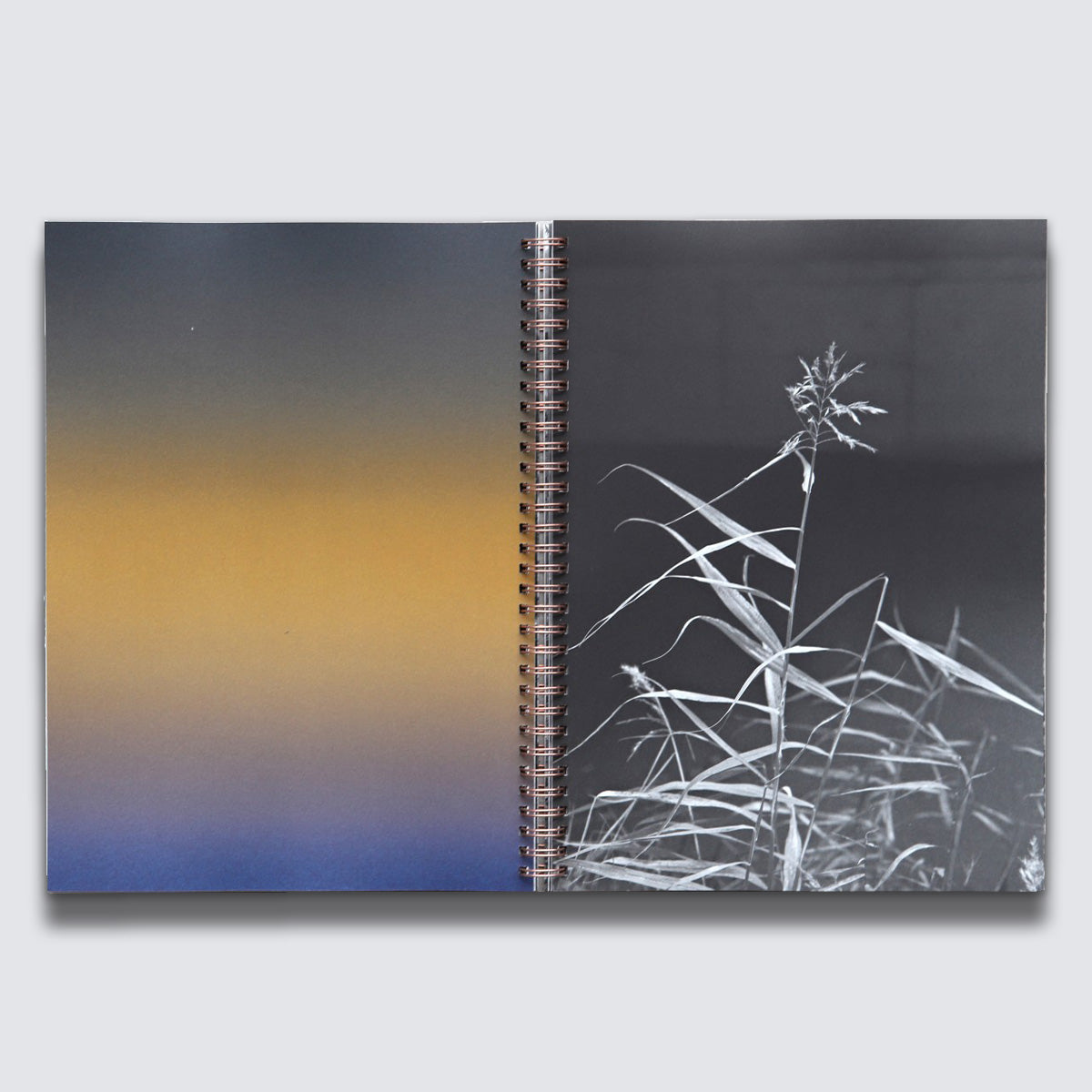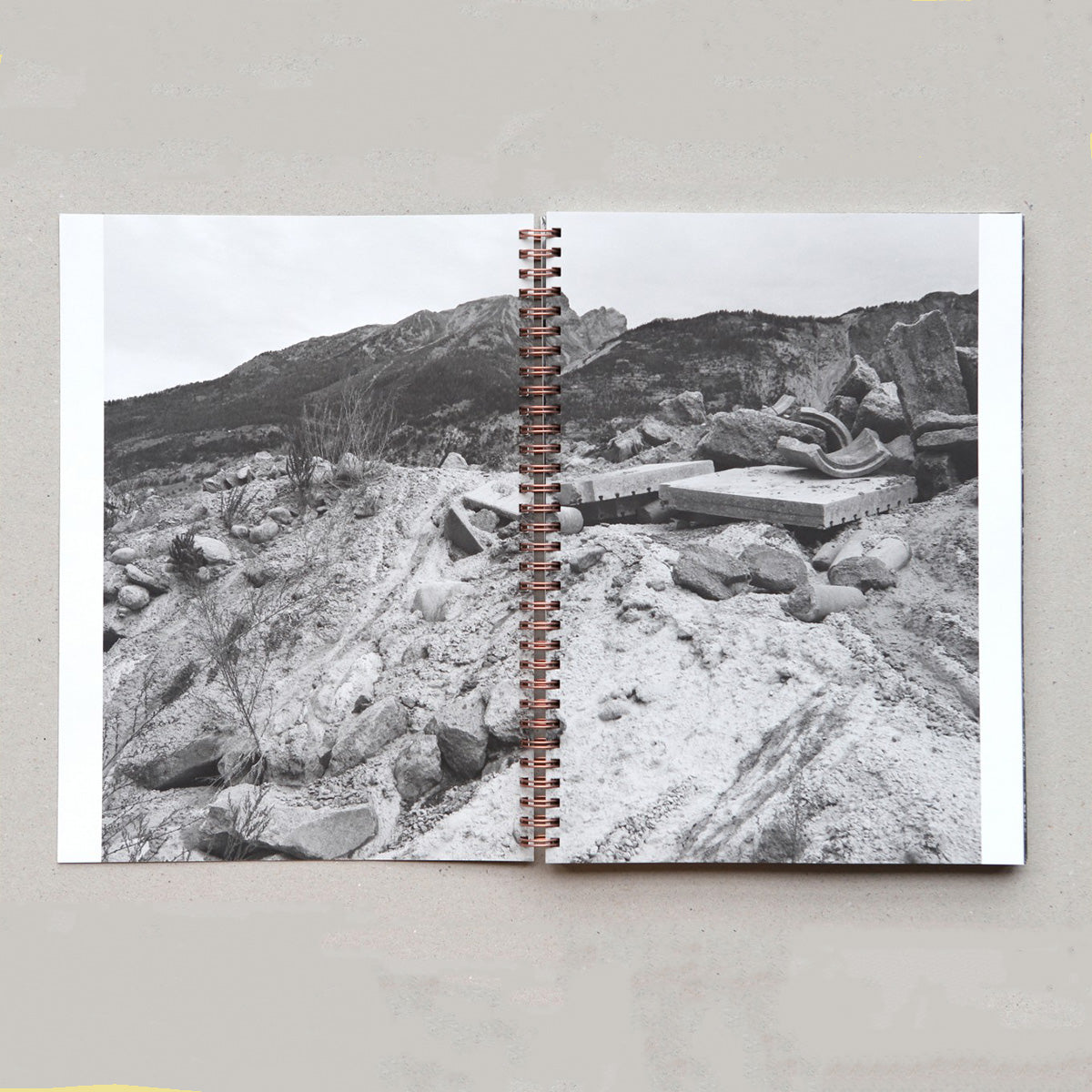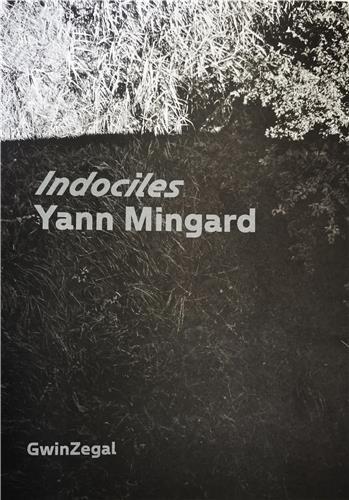Yann Mingard Indociles /franCais
- Authors: By (author) MINGARD YANN
- Publishers: GWINZEGAL
- Language: EN / FR
- Design: Yann Mingrad & Jérôme Sother
- Date of Publication: 2023-10-15
- Pages: 168
- Paper: Lessebo 1.3, rough natural, 120 g.
- Dimensions: 280mm x 207mm
Unruly - In a crack, between two stones, near a highway rail,
in the shade of a dump or a street light, in a corner of the forest, she
rises up, where others would lie down and wither in silence.
Without excessive display, she grows in haste, her roots work towards the
low, its stem stretches towards the light. It lives at the junction of two worlds.
She cares little for not being wanted, she pushes, not without intention,
but without apparent consciousness. His way of being in the world is to resist,
to be there, governed like us by laws which are beyond us and of which no living being
cannot be exempted. Realizing Darwinian intuition, it adapts,
better than others perhaps, its existence depends on it. The rhetoric that is used
harnesses the tension in a negative representation, it is said to be invasive, exotic
or bad, but who are we to call it that? The nomenclature
also wants to be figurative: tree of the gods, devil's herb, angels' trumpet,
fly clover, ragweed. "To misname things is to add to the
misfortune of the world,” Camus told us… Yann Mingard, whose research
photographic sources are based on the Anthropocene and its representations,
observes them with a more obliging eye and gives them another state of
conscience: they are unruly, travelers. They are ultimately no more
exotic or native than others – oaks or tomatoes, before
to become icons of a European identity, have also crossed oceans
and borders, carried by birds, wind or men. \n \nIf
Some consider these plants to be one of the main causes of
the collapse of biodiversity, they have the specificity of accommodating
soils polluted by heavy metals and to be able to assimilate them in large quantities
arsenic, barium, chromium or cadmium, which are all sediments of
fruits of capitalism, industrial modernity and activities
anthropogenic. They survive where others die. Where this modernity consumes
oxygen, plants produce it − breath − and the idea that the
nature would be something original and static, they oppose their
resilience. Nature is not a prerequisite: natura means
moreover "that which will be engendered" and carries even in its etymology the
force of a becoming that is written. Strange dichotomy: of these metals of which we
We manufacture ammunition, electronic circuits, servers, plants
synthesize the oxygen necessary for life. Beyond the concern conveyed
by this herbarium and these depigmented landscapes, made of the dense fabric of matter
rustling undergrowth, Yann Mingard refuses the temptation of desolation and
considers the world in the manner of an archaeologist, through traces and
scars inscribed on the landscape which remind us as much of the dislocation
from a cannibalistic humanity to the possibility of a future that reinvents itself.
\nTexts by Urs Stahel and Jérôme Sother
Share
